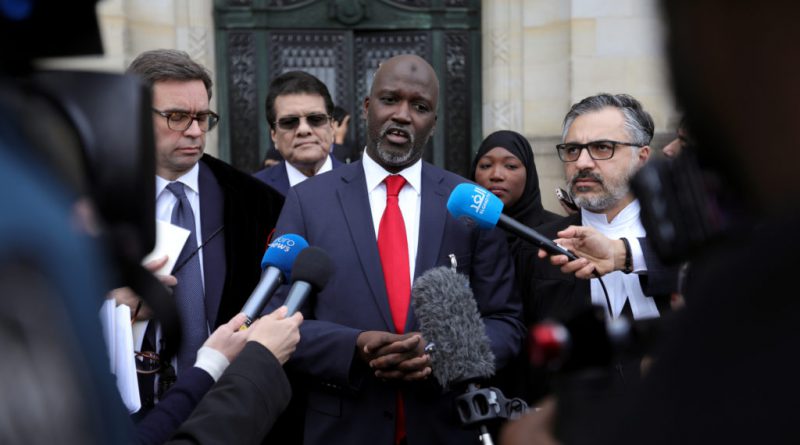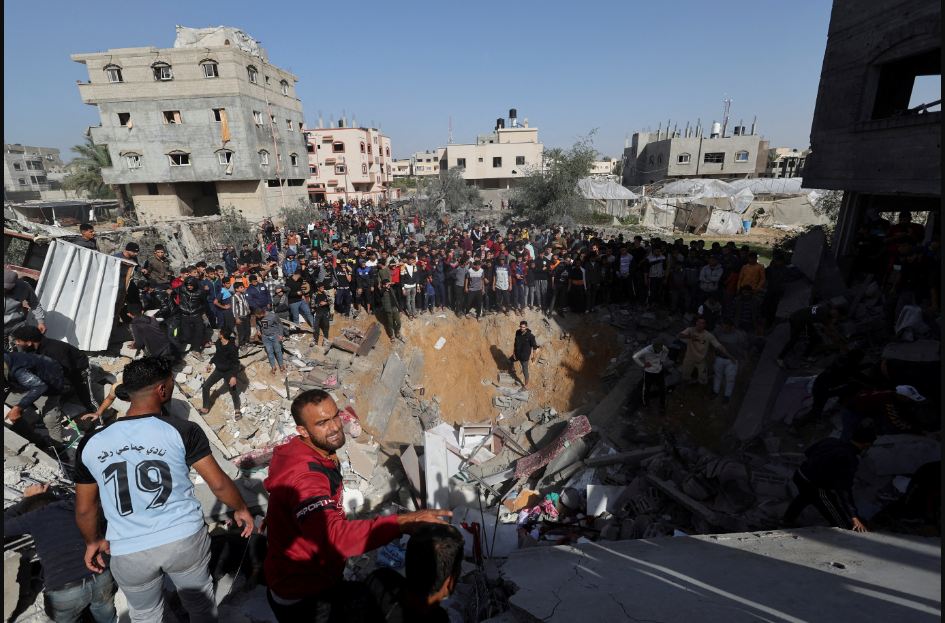World Court orders Myanmar to protect Rohingya from acts of genocide
Cox’s Bazaar, Bangladesh (Reuters) – The International Court of Justice on Thursday ordered Myanmar to take urgent measures to protect its Rohingya population from genocide, a ruling cheered by refugees as their first major legal victory since being forced from their homes.
A lawsuit launched by Gambia in November at the United Nations’ highest body for disputes between states accuses Myanmar of genocide against Rohingya in violation of a 1948 convention.
The court’s final decision could take years, and Thursday’s ruling dealt only with Gambia’s request for preliminary measures. But in a unanimous ruling by the 17-judge panel, the court said the Rohingya face an ongoing threat and Myanmar must act to protect them.
Myanmar must “take all measures within its power to prevent all acts” prohibited under the 1948 Genocide Convention, and report back within four months, presiding Judge Abdulqawi Yusuf said, reading out a summary of the judgment.
Myanmar must use its influence over its military and other armed groups to prevent violence against the Rohingya “intended to bring about its physical destruction in whole or in part”.
Rohingya activists, who had come from all over the world to the Hague, reacted with joy to the unanimous ruling which also explicitly recognised their ethnic minority as a protected group under the Genocide Convention.
“That is something we have been fighting for a long time: to be recognised as humans the same as everyone else,” Yasmin Ullah, a Canada-based Rohingya activist said. Majority Buddhist Myanmar generally refuses to describe the Muslim Rohingya as an ethnic group and refers to them as Bangladeshi migrants.
Myanmar’s ministry of foreign affairs said in a statement late on Thursday it “takes note” of the decision.
“The unsubstantiated condemnation of Myanmar by some human rights actors has presented a distorted picture of the situation in Rakhine and affected Myanmar’s bilateral relations with several countries”, it added.
More than 730,000 Rohingya fled Myanmar after a military-led crackdown in 2017, and were forced into squalid camps across the border in Bangladesh. U.N. investigators concluded that the military campaign had been executed with “genocidal intent”.
In camps in Bangladesh where they have fled, Rohingya refugees hovered over mobile phones to watch the judgment.
Rohingya still living inside Myanmar contacted by phone said they hoped the ruling would force the country to improve their situation. “We need protection,” said Tin Aung, a Rohingya leader living in Myebon township in central Rakhine state, where Muslims have been confined to camps since violence in 2012.
“For the first time, we have got some justice,” said Mohammed Nur, 34. “This is a big achievement for the entire Rohingya community.”
A Myanmar government spokesman and two military spokesmen did not answer calls from Reuters seeking comment.



